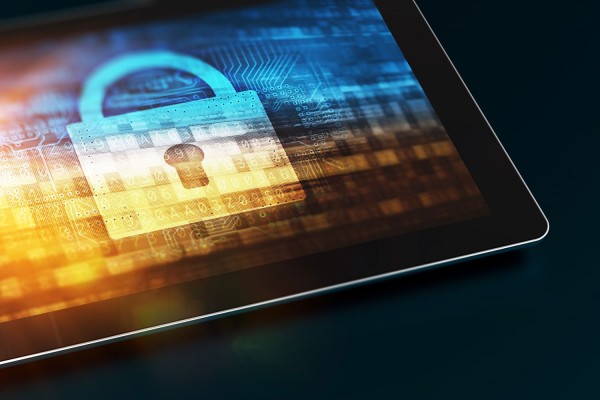21 October 2025

The country also recorded 2,008 cyber incidents in the first half of 2025 alone, representing a sharp 52% increase over the total reported cases in 2024.
These alarming figures were shared by George Eduah Bessi, CSA’s head of enforcement and liaison, during a cybersecurity awareness webinar last week. Bessi pointed out that online fraud remains the most common form of cybercrime in Ghana, accounting for 36% of reported cases. This includes mobile money scams, fake investment schemes, and phishing attacks. Cyberbullying, which disproportionately affects women and young people, makes up about a quarter of all reported incidents.
Bessi emphasised that the CSA is ramping up its efforts in public education and enforcement to combat this growing threat, urging individuals and businesses to adopt more robust cybersecurity practices. Ghana’s government is also advancing prevention initiatives as part of its broader strategy, notably through the ongoing implementation of Cybersecurity Awareness Month 2025, themed “Building a Safe, Informed, and Responsible Digital Space.”
During the launch of this initiative on October 1, President John Dramani Mahama highlighted the importance of international cooperation and public education. He recalled the establishment of the National Joint Cybersecurity Committee (JCC), tasked with collaborating with global security agencies to safeguard Ghana’s cyberspace.
The government also prioritises the creation of the Cybersecurity Fund, established under the Cybersecurity Act of 2020. Minister of Communication, Digital Technologies and Innovation Samuel Nartey George explained that the fund aims to provide sustainable financing for national cybersecurity initiatives, protect critical infrastructure, and strengthen capacity across all sectors.
Despite these efforts, Ghana remains a leader in cybersecurity excellence. The International Telecommunication Union (ITU) ranks Ghana as a role model in the field, having scored the highest (20) in four pillars of the Global Cybersecurity Index: legal, technical, organisational, and cooperative measures. However, the ITU notes that Ghana still has room to grow in capacity development, where it scored 19.27 out of 20, indicating ongoing opportunities for strengthening its cybersecurity resilience.








.jpg?lu=791)

